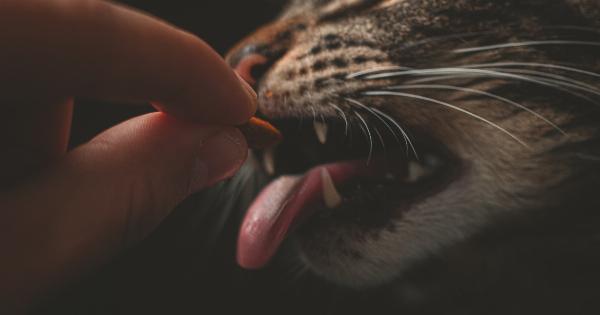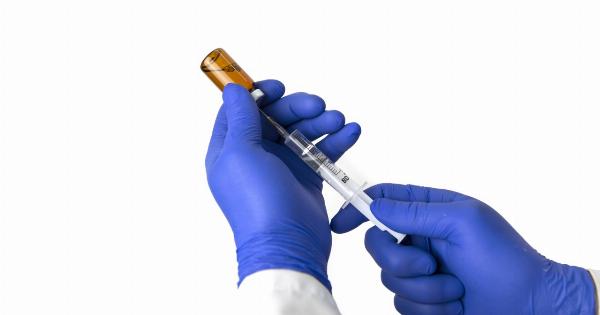As your feline friend grows, it is important to provide them with the right nutrition to support their development and overall health. A balanced and appropriate diet plays a crucial role in ensuring that your cat grows into a strong and healthy adult.
Let’s explore some essential nutritional considerations for a growing cat.
1. Age-specific Nutrition
Cats have different nutritional requirements at each stage of their life. Kittens, in particular, require a diet that is rich in protein, fat, and nutrients to support their rapid growth and development.
Therefore, it is recommended to feed your growing kitten specially formulated kitten food until they reach around one year of age.
2. High-Quality Protein
Protein is an essential component of a cat’s diet and is crucial for their growth and overall wellbeing.
Look for high-quality protein sources such as chicken, turkey, or fish in your cat’s food, as they provide the necessary amino acids for muscle development and repair.
3. Essential Fatty Acids
Fatty acids, like omega-3 and omega-6, are vital for your cat’s brain development and a healthy coat. These fatty acids can be found in fish oil, flaxseed oil, and other supplements designed for cats.
Ensure your cat’s diet contains an appropriate amount of essential fatty acids to support their growth.
4. Adequate Calories
A growing cat needs a sufficient amount of calories to fuel its growth and maintain optimal energy levels. However, it is crucial to strike the right balance to avoid overfeeding.
Consult with your veterinarian to determine the appropriate daily caloric intake for your cat based on their age, weight, and activity level.
5. Mineral and Vitamin Requirements
Growing cats require essential vitamins and minerals for various biological processes. Calcium and phosphorus are especially important for bone development.
Commercial cat foods often contain the right balance of these nutrients, but it is always advisable to consult with your veterinarian to ensure your cat’s diet meets their specific requirements.
6. Hydration
Water is vital for your cat’s overall health and aids in digestion, nutrient absorption, and waste removal. Ensure that your growing cat has access to fresh and clean water at all times.
Wet food can also help increase their water intake, as cats typically have low thirst drives.
7. Avoid Overfeeding
Overfeeding your cat can lead to obesity, which can have detrimental effects on their overall health and development. It is essential to monitor their weight and adjust their food portions accordingly.
If you are unsure about the appropriate amount to feed, consult with your veterinarian for guidance.
8. Gradual Diet Changes
Cats can be particularly sensitive to sudden diet changes. When transitioning your growing cat to a new food, do it gradually by mixing small amounts of the new food with their current food.
This approach helps prevent digestive upset and ensures a smoother transition to the new diet.
9. Regular Veterinary Check-ups
Regular veterinary check-ups are crucial for monitoring your cat’s growth and ensuring they are on track for healthy development.
Your veterinarian can assess your cat’s nutritional needs, provide advice on feeding guidelines, and recommend any necessary dietary adjustments based on your cat’s specific requirements.
10. Tailored Diet for Unique Cats
Each cat is unique, and their nutritional needs may vary based on factors such as breed, size, activity level, and any underlying health conditions.
If your cat has specific dietary requirements or health concerns, consult with your veterinarian to create a tailored diet plan that meets their individual needs.






























